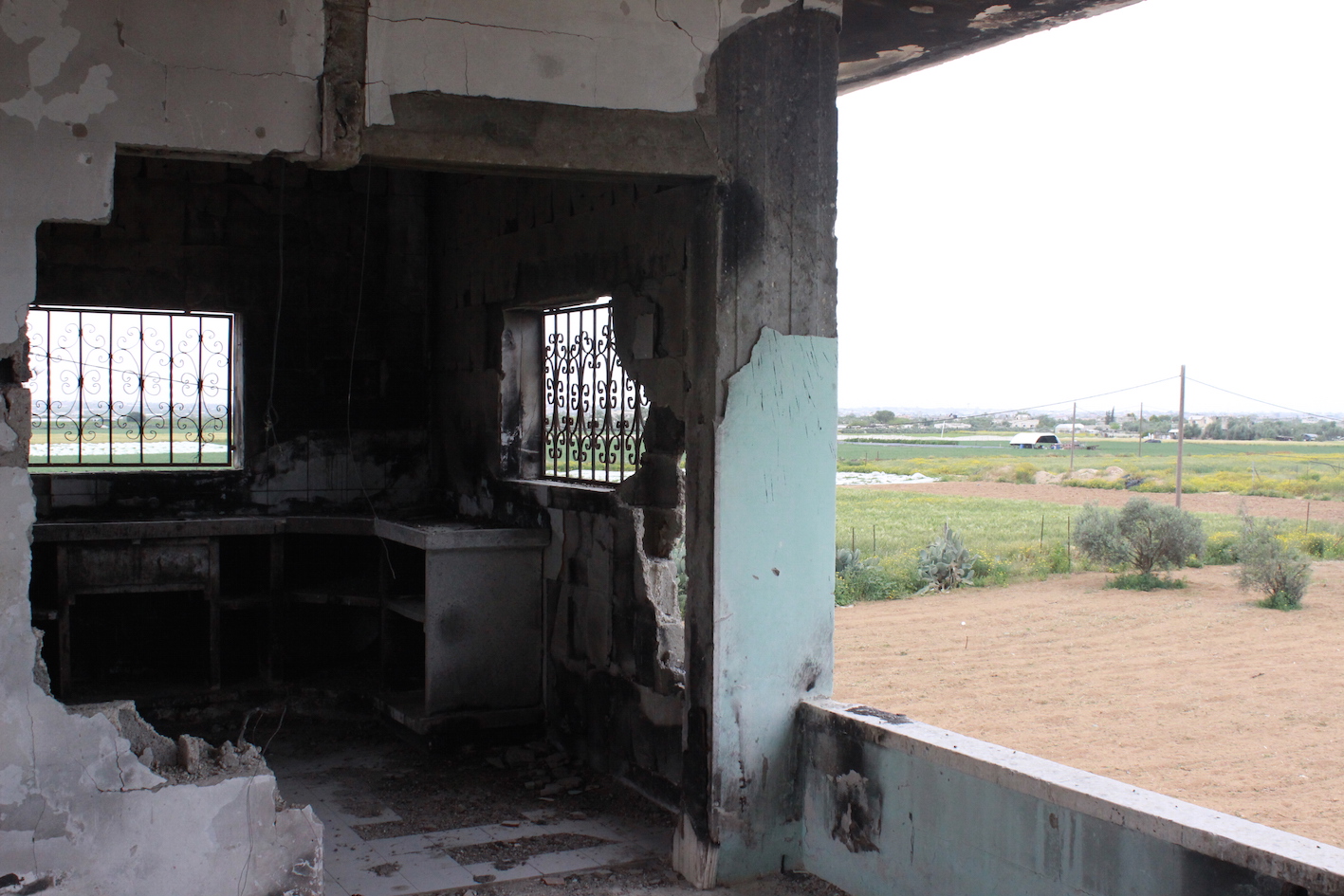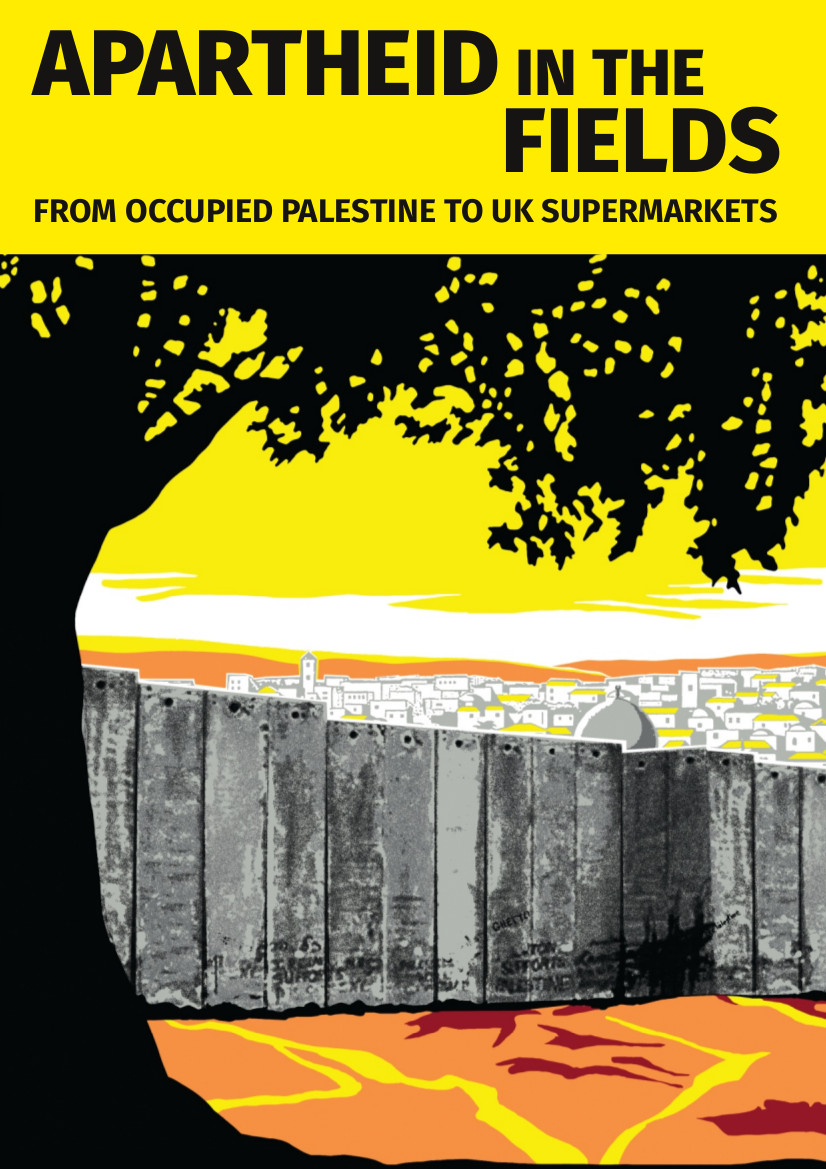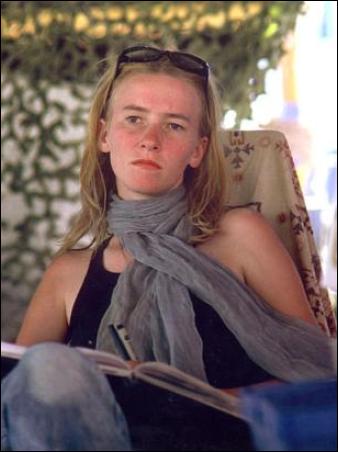Tag: Gaza
-

Another home destroyed in Gaza
29th March 2016 | International Solidarity Movement, al-Khalil team | Gaza Strip, occupied Palestine During the latest wave of aggression by Israeli forces against the Gaza Strip, Gaza resident Mohamed Shorrab, 70 years old, lost his family home. It was shot at and destroyed by Israeli tank fire and artillery shells from the gun turrets…
-

Apartheid in the fields: Part 1 Gaza: farming under siege
29th March 2016 | International Solidarity Movement, al-Khalil team | Gaza Strip, occupied Palestine A new report from Corporate Watch outlines exactly how the food grown in the illegal settlements of Palestine gets to our plates in Britain, and what we (in Britain) can do about it. The situations in Gaza and the West Bank…
-

An email from Rachel Corrie to her parents
16th March 2016 | Rachel Corrie Foundation | Gaza, occupied Palestine February 27 2003 (To her mother) Love you. Really miss you. I have bad nightmares about tanks and bulldozers outside our house and you and me inside. Sometimes the adrenaline acts as an anesthetic for weeks and then in the evening or at night it…
